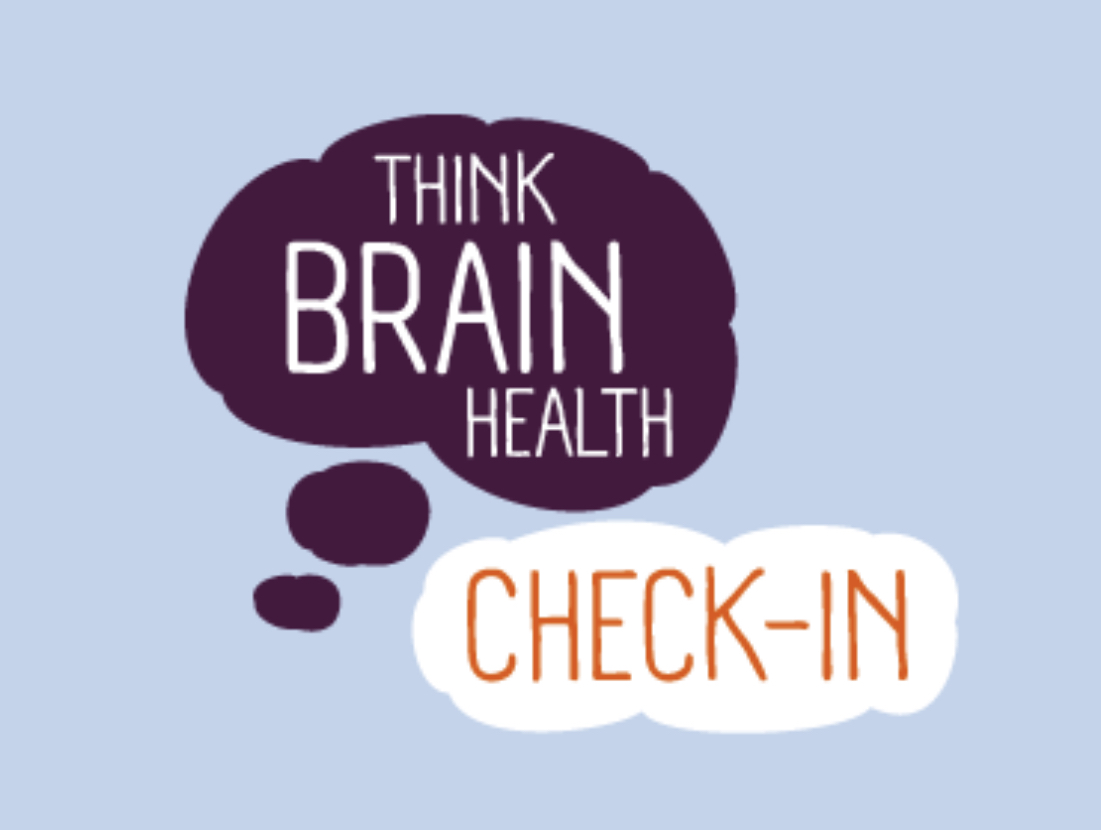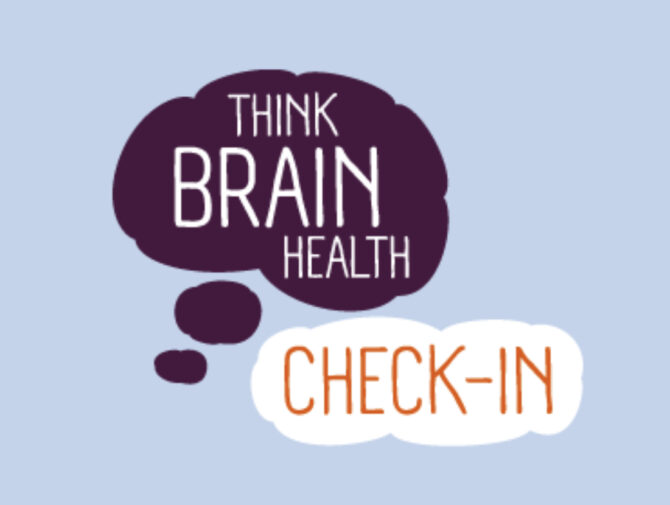
Wellness: the growing link between a healthy brain and our sense of hearing
More evidence is being published to support the fact that people in their thirties should regularly have hearing check ups to help prevent dementia in later life.

And a new online tool from Alzheimer’s Research UK helps to identify your own risk and provides steps you can actively take to reduce the risk of developing certain types of dementia. Now, after several studies identified a link between hearing loss and dementia risk, these include maintaining good hearing throughout your life.
Worries but no Hearing Tests?
A YouGov new poll carried out by Alzheimer’s Research UK on more than 2000 adults in the UK reports that although 35% of people reported concerns about their hearing, more than half (59%) have done nothing about it.
Dr. Sarah Bauermeister, from Dementia Platforms UK, said:
“In my own research, we found that hearing aid users had a 50% lower risk of mild cognitive impairment if they wore their hearing aids for their hearing impairment compared to those who did not use their hearing aids.
“And this was in a study of over 4,000 individuals from the National Alzheimer’s Disease Coordinating Centre.
“In our second study of 2,000 people with hearing impairment (and mild cognitive impairment), we found that these people, if they had hearing impairment and wore their hearing aid, the progression from mild cognitive impairment to dementia was reduced by 27%.”
As reported in The Times, Dr. Bauermeister continued to underline the importance of regular hearing tests “across the lifespan so that it’s normalised to have a hearing check whether you’re 30 or 40.”
She also reported the well-known fact that maintaining good hearing health can also help reduce other dementia risks such as social isolation and physical inactivity.
The new online tool from Alzheimer’s Research UK is available HERE
Our advice is to treat your sense of hearing to regular check-ups throughout your life, by your forties that should be every other year and yearly from fifty onwards. If you work in noise or expose your hearing to loud sound recreationally, wear hearing protection and listen to your audiologists advice if they identify your hearing requires improvement.
As scientists continue to explore the links between health risks and living a healthy life, the importance of hearing wellness is becoming increasingly recognised as playing a key role.
If you would like to make an appointment to have a hearing test and to see one of our award-winning team of audiologists please CLICK HERE.